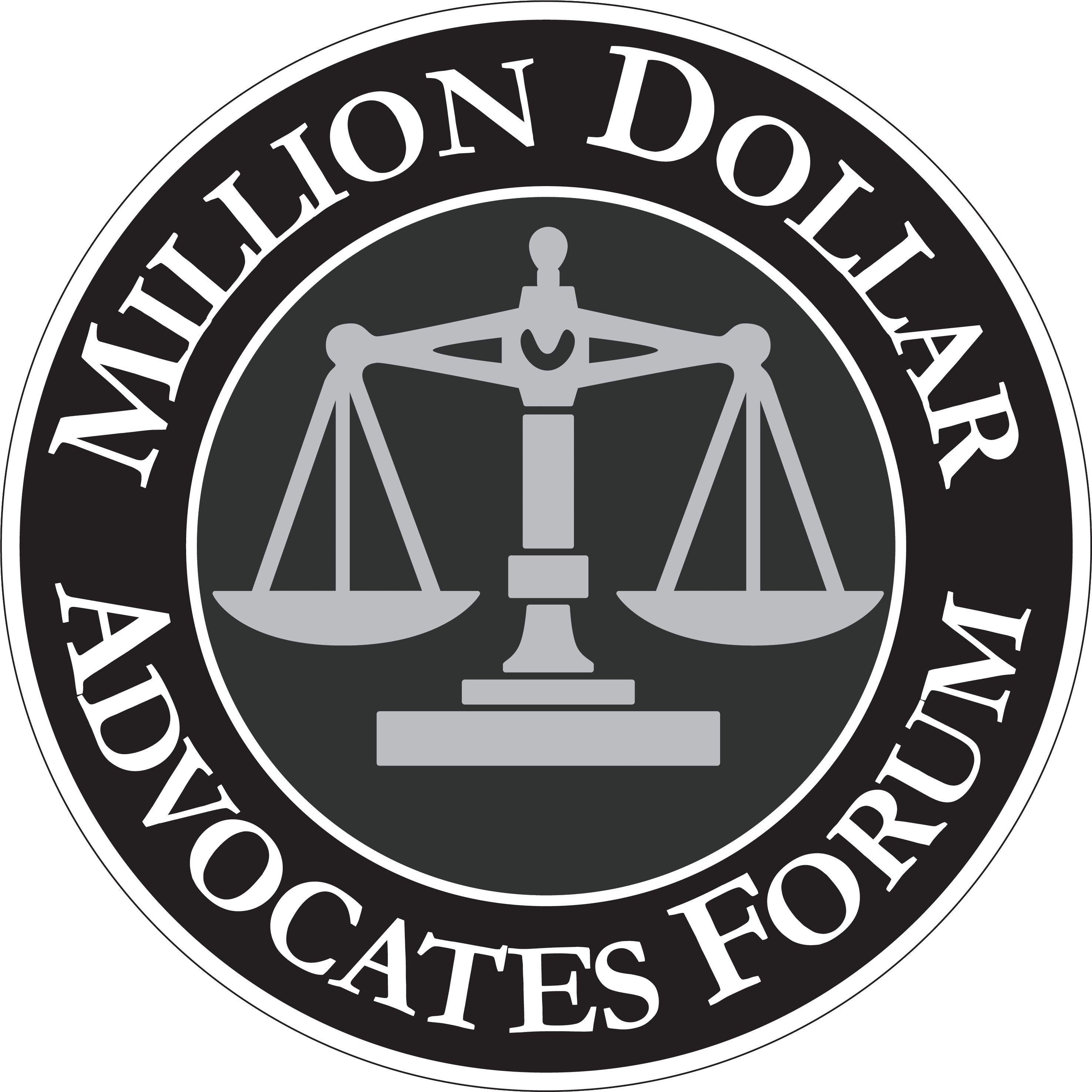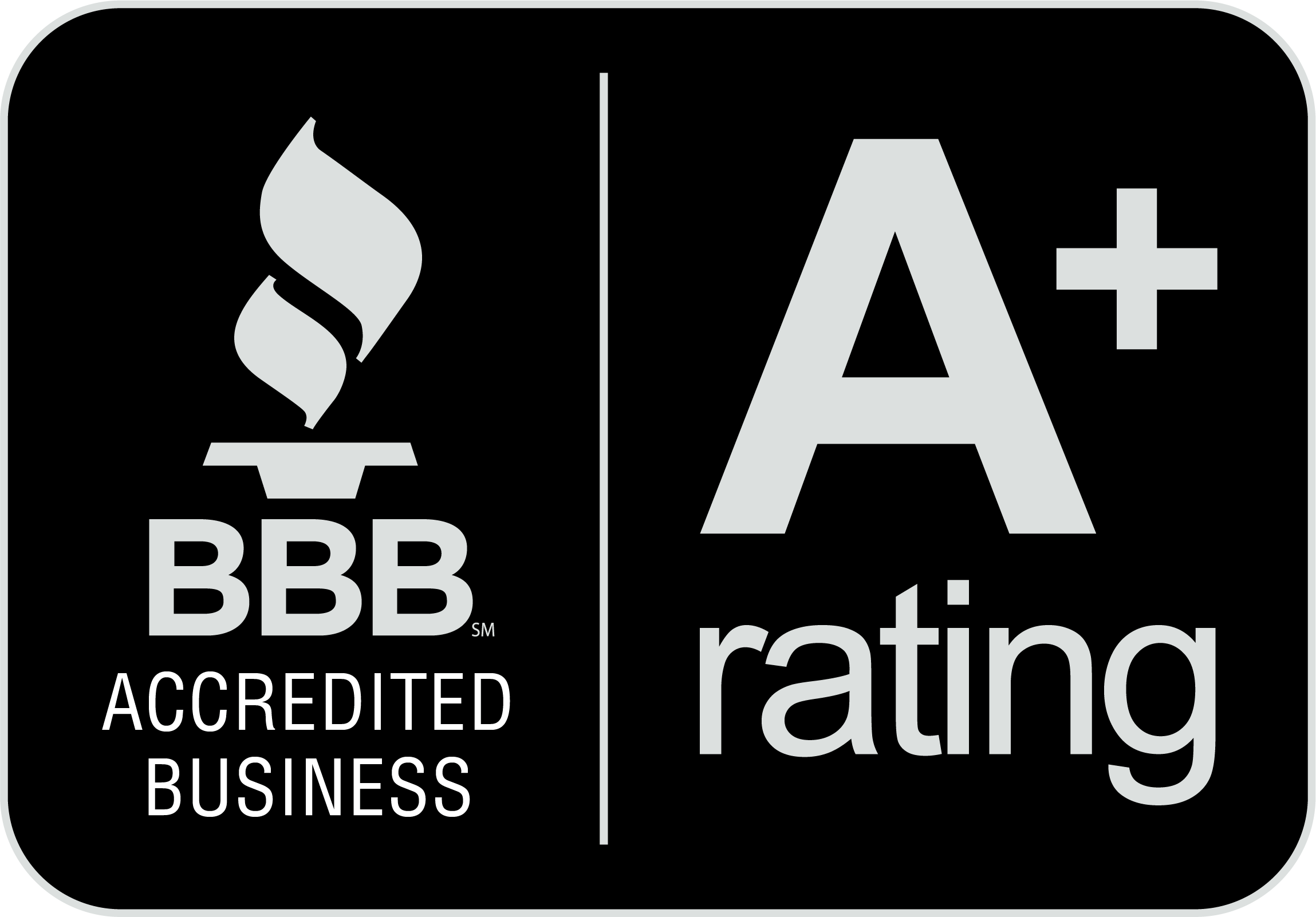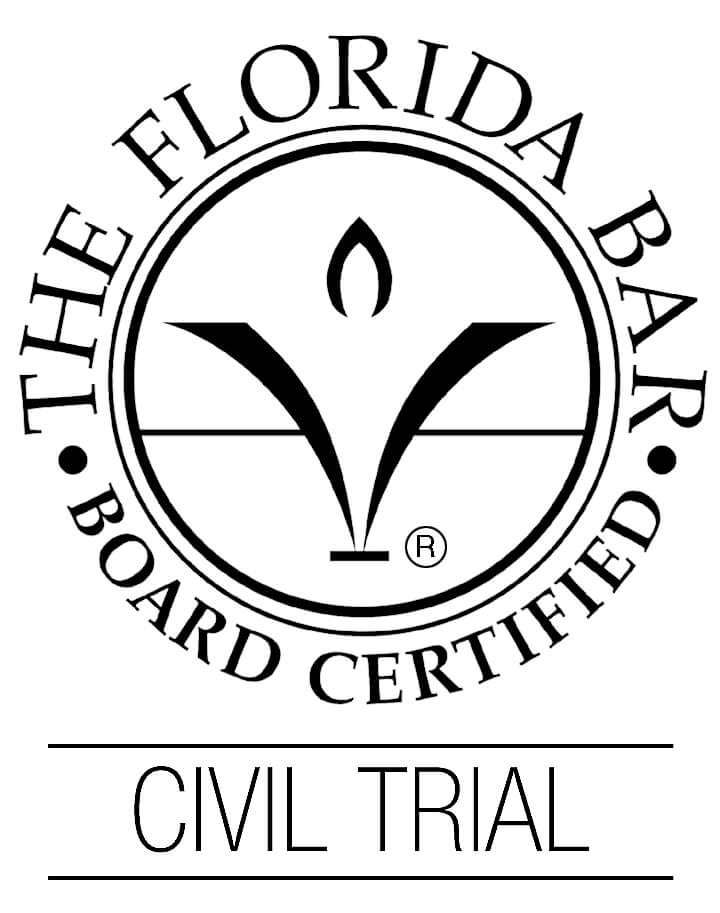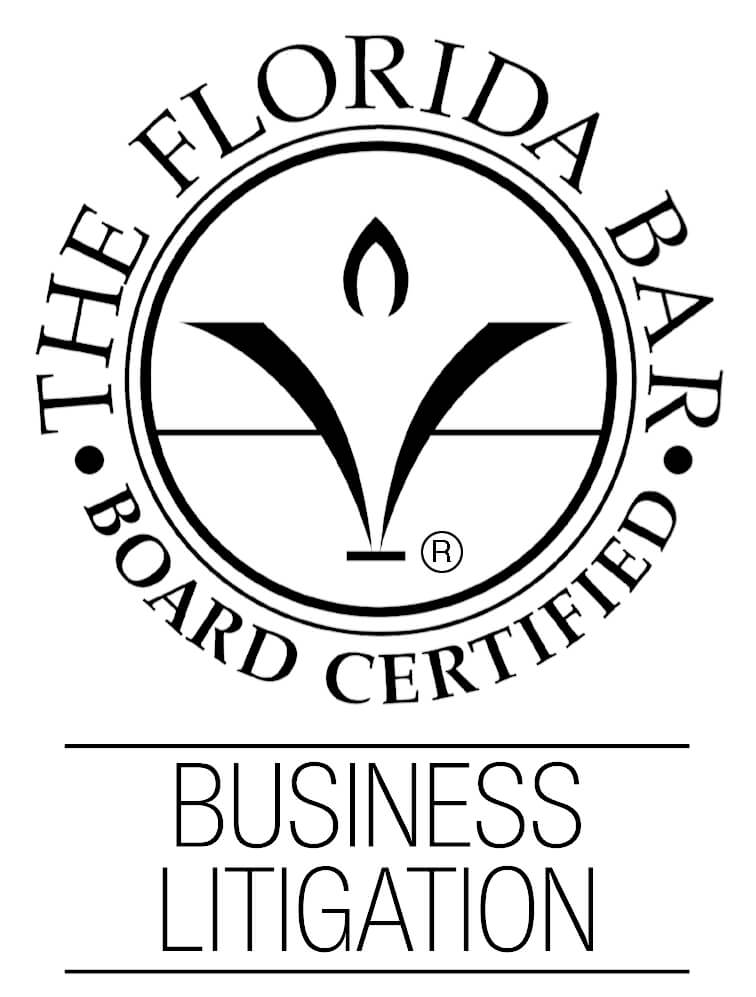Motor Vehicle Accidents
Whether on the parkway, a residential street, or in a parking lot, a motor vehicle collision has the potential to change lives. From physical damage, like broken bones, cuts, or concussions, to the financial damage incurred from an injury or property damage, there’s often a whirlwind that silently follows you home from the accident, even in seemingly small cases.
In Florida, there are an average of 32,000 fatalities and 2 million injuries annually. All of these situations involve real people with real families, making the legal experts who advocate for the rights that protect them of the utmost importance.
The Sunshine State is our home, just like yours. At The Nation Law Firm, we’re a local advocate for the rightful compensation you deserve after an accident. It’s in your best interest, and it’s in the best interest of our community as a whole. Our team has the experience and resources to advocate for what you truly deserve, and we’re right around the corner.
If you’re injured from an accident you didn’t cause, tell us more about your situation through our free case evaluation.
Common Types of Motor Vehicle Accidents
Car accidents come in all shapes, sizes, and severities. Some of the most common include:
- Rear-end collisions:A sudden jolt of inertia to the back of a vehicle can cause an unsuspecting driver to move forward and back rapidly, potentially causing whiplash, head injuries, and more. Whiplash is especially dangerous, as it can occur at very low speeds due to the rapid forward and backward moving of the head, as well as sensitive tissue within the neck.
- T-bone crashes:Perpendicular crashes, where one vehicle’s front collides with another vehicle’s side, are most common at intersections. For example, many t-bone crashes occur when one vehicle runs a red light and hits another. High-speed collisions can cause significant harm to both drivers.
- Rollovers:Under certain circumstances and high speeds, a vehicle can tip over once, twice, or more. Rollovers are serious accidents that can cause as much bodily harm as property damage.
- Multi-car pileups:One driver’s error can quickly result in an accident that affects one or multiple vehicles, even at slow speeds. It’s important to get yourself to a safe location if you find yourself involved in a multi-car pileup, as halted vehicles on the roadway are a hazard to traffic behind you.
Motor vehicles can happen anywhere. If you’re involved and have been injured in any capacity, it’s important to call 911 and wait in a safe location if you’re able to do so.
5 Steps to Take Immediately After an Accident
Your health and well-being are most important following any accident. Here’s a quick step-by-step guide to follow if you find yourself involved in a motor vehicle collision of any kind:
- Prioritize Your Safety:If you can, move to a safe location and perform a self-check for injuries. Call 911, wait for authorities, and make sure you’re treated if you’ve suffered an injury in any capacity.
- Document the Scene:The authorities will arrive and begin to document the scene, but it’s a good idea for you to take your own records. Take pictures and videos of the accident, get the contact information of anyone involved, and speak with eyewitnesses to get their statements.
- Seek Medical Attention:Those who were injured should seek medical attention promptly once they’re able to leave the scene. If you’re not sure, you should visit a doctor anyway to confirm your suspicions. Medical records from this visit will play a significant role in your future legal claim.
- File a Police Report:Another important aspect of future legal proceedings is the police report of the accident. If no report is taken at the scene, you should visit a local precinct to file a report of your own.
- Notify Your Insurance Company:You pay for insurance coverage for situations like this. Once all the prior steps are completed, you’ll file a claim with your insurance provider containing all the details of your accident. It’s important that this claim is detailed and truthful, as this information will form the foundation of your claim.
An insurance company should act as a lifeline, not a hurdle. If your insurance company delays your claim, diminishes your rightful compensation, or wrongfully denies it altogether, your next call should be to an experienced personal injury who can help.
Keep in mind– Many jurisdictions have strict deadlines governing when you can and cannot take legal action after an accident. It’s worthwhile to speak with a personal injury attorney immediately after filing a claim so you’re armed with the information you need to protect your best interest.
What Is the Role of Witnesses and Evidence in Auto Accident Claims?
Information is the base of any legal claim. Documented evidence from the scene and eyewitness testimony are the building blocks that prove your account of the accident, validate your injuries, and position you for compensation.
Evidence in Motor Vehicle Accidents
Evidence to support the validity of your claim is of the utmost importance. Here are some of the most common pieces of evidence used in motor vehicle accidents:
- Photos and videos of the accident scene
- Official police reports
- Medical records
- Expense receipts
- Eyewitness testimony
- Expert analysis
Some of the evidence above might not be available in your situation. It’s important to work with an experienced attorney who can use what’s available to advocate for your rights – and recover the compensation you deserve – regardless of the complexity of your accident.
Eyewitness Testimony in Motor Vehicle Accidents
Outside of documented evidence, the testimony of anyone who saw the accident unfold can add some powerful context to your legal claim. It can establish credibility and confirm the events beyond what’s already available. If multiple eyewitnesses are available, their mirrored testimony can corroborate the evidence and work in your favor, especially in more complex cases.
Tips for Dealing with Insurance Adjusters
Your conversation with an insurance adjuster might seem informal and low stakes, but remember that the person you’re speaking with plays a pivotal role in your future compensation. Here are a few tips to help you prepare for this step:
- Come Prepared:Communicate the details of your accident accurately. You should have relevant records nearby to refer to during this process and avoid speculating details entirely.
- Familiarize Yourself with Their Tactics:Insurance adjusters are company employees, and their faith often lies with the company that employs them. Knowing how an adjuster will try to influence your claim allows you to form a proactive defense. For example, understanding that an insurance company can use recorded statements against you will allow you to prepare your testimony and ensure the safety of your future claim.
- Never Admit Fault:Admitting fault in any capacity can quickly bring a valid claim to a screeching halt. Even something as simple as saying, “My bad” or “I’m sorry,” can be enough for an insurance adjuster to twist your claim and negatively influence the outcome.
- Speak with an Attorney Beforehand:Attorneys are professionals who deal with insurance adjusters regularly. Their involvement can give you a major advantage entering the process, so it’s best to speak with one beforehand, no matter how much research you do independently.
Insurance adjusters will play the friendly, supportive role while aggressively attempting to diminish your rightful compensation in the background. If you’ve been involved in a motor vehicle accident, teaming up with a trusted legal ally early in the process significantly increases your chance of reaching a favorable outcome.
Understanding the Impact of State-Specific Traffic Laws
Each state has a unique process for handling motor vehicle accidents, and Florida is no exception. These laws influence everything from how fault is determined to eligibility for compensation.
Here are a few of the major state-specific laws that impact motor vehicle accidents in the Sunshine State that you should know about:
No-Fault State
Florida is one of twelve no-fault insurance states. All motorists are required to have personal injury protection (PIP) and property damage liability (PDL) insurance before registering a vehicle.
- Personal Injury Protection (PIP) Insurance:PIP insurance covers 80% of medical damages, regardless of who’s at fault, up to $10,000. If your injury surpasses this amount, you might qualify for a legal claim.
- Property Damage Liability Insurance (PDL):This coverage offers financial compensation for property damage caused if you or someone else operating your vehicle is involved in a crash up to $10,000.
Comparative Negligence
Florida law assigns fault as a percentage. If you’re at fault in some capacity, the amount of your actions contributed to the event is applied negatively to your total damages. This sounds complicated, but it’s fairly straightforward:
Example:Let’s say you’re involved in a collision on a residential street. The person you collided with made an illegal turn, but you were going five mph over the speed limit. You’re awarded $50,000 for your damages, but – because you were technically driving recklessly by speeding – it’s determined that your speeding contributed to 20% of the fault in the accident. The $50,000 would be reduced by 20%, making your total compensation $40,000.
The process of determining someone’s percentage of fault is often speculative. You should have an experienced attorney, like the team at The Nation Law Firm, to review any compensation offers and ensure your best interest is put forward.
What Are the Long-Term Effects of Car Accidents?
Some car accident victims take injuries home with them that aren’t temporary. Long-term injuries can require consistent care and, ultimately, change lives, making the proper compensation after an accident of the utmost importance.
Permanent Physical Injuries
A long-term injury can result from even minor car accidents. Conditions like whiplash, herniated discs, and tissue damage can cause pain, discomfort or limit mobility from a minor degree to entirely.
Any evidence of an injury stemming from a car accident should be followed up with medical treatment to confirm, treat, and document the condition. If your condition worsens and you’re suffering physically or financially, you should speak with an attorney to explore your legal options.
Emotional Damages
The emotional trauma of an accident can change the way you move through life. No one should suffer from a situation they didn’t cause, so if you’re in pain, we urge you to seek a trained medical professional. Afterward, an attorney might be able to help cover the cost of your treatment.
Financial Burdens
The cost of a crash can be financially devastating, especially if the accident results in an injury that limits or restricts your ability to return to work.. Medical expenses can quickly surpass coverage limits, but if you weren’t at fault, there’s no reason that you should shoulder the burden.
Personal injury attorneys exist to ensure those who have suffered significant financial burdens from an accident they didn’t cause are protected under their rights. These situations can be complicated and overwhelming, but an attorney can help you understand more about your situation and help advocate for what you’re entitled to by federal and state laws.
Statute of Limitations in Auto Accident Cases
A statute of limitations is a legal timeline to file a claim. It varies by the type of claim, but filing outside of it may disqualify you from seeking compensation for damages.
- Personal Injury Claims:Florida’s state laws require an injured party to file a claim for lost wages and emotional damages, like pain and suffering, within two years of the accident. For medical expenses, claims must be filed within two years of the date you discover the injury.
- Property Damage Claims:Like personal injury claims, you also have two years from the accident date to file a claim seeking compensation for property damage, like repair expenses.
- Wrongful Death:Those who have lost a loved one in a tragic accident have two years from the accident date to file a claim.
Filing a claim – and speaking with a legal expert – quickly after an accident puts you on the best path toward your rightful compensation. At the Nation Law Firm, we’re here to help you through the process at no upfront costs.
Legal Differences Between Commercial and Private Vehicle Accidents
Vehicles carry unique designation under Florida’s state laws. Insurance parties and coverages differ among commercial and private vehicles involved in collisions. What might be a seemingly straightforward accident can quickly become a mess of fault and liability, so it’s important to know what you’re getting into:
Collisions Between Privately Owned Vehicles
A car accident involving privately owned vehicles will involve their respective insurance policies. While seemingly simple, these situations can become complex with contested fault, disagreements in compensation, or insurance policy technicalities, making it important to have an experienced attorney by your side.
Collisions Between Private and Commercial Vehicles
Commercial vehicles, like trucks and vans, carry insurance through their company. The individuals operating privately owned vehicles would follow a claim to the company, seeking damages if they’re injured.
Collisions like these are often complex situations. There are a variety of insurance rules and federal regulations that concern how commercial vehicles operate on the road. Trying to solve the puzzle on your own might prove challenging, but an attorney can offer some much-needed guidance.
Collisions with Rideshare Vehicles
Rideshares, like Uber and Lyft, offer an important transportation service but create a challenging legal scenario when there’s a collision. If you’re a rideshare driver injured in an accident, it’s recommended to speak with an attorney about how your company’s compensation policy operates.
Safe Driving 101: Preventative Measures to Avoid Accidents
We can’t control the actions of other drivers, but there are a few ways we can all be a little bit safer on the road:
- Stay alert
- Follow traffic laws
- Maintain safe distances
- Use proper turn signals
- Stay on top of vehicle maintenance
- Understand your vehicle
- Drive according to road conditions
- Avoid driving while frustrated or upset
- Monitor for pedestrians and hazards
The stress of life can make people forget that there are human beings, just like them, in the vehicles around them. Drive safely, be mindful of others, and know your rights if you find yourself in a collision.
Prioritizing Child Safety in Auto Accidents
As a parent, keeping your child safe is of the utmost importance. Legally, there are a few protections Florida motorists must provide to minors in their vehicles:
- Infants and Toddlers (Less Than 3 Years of Age):Young children must be secured in a rear-facing seat that abides by federal manufacturing guidelines.
- Pre-Schoolers (4-5 Years of Age):Booster seats must be used for children ages 4-5, according to weight and size guidelines.
- Children and Young Adults (6-17 Years of Age):After graduating from car seats, parents must ensure their children and young adults wear a seatbelt, whether sitting in the front or back seat.
Violations of these laws can result in fines and legal penalties, depending on severity and context. For both your and your children’s best interests, make sure you’re taking the proper precautions when on the road.
Frequently Asked Questions
What should I do immediately after a motor vehicle accident?
Your safety and well-being are most important. Get yourself to a safe location, call 911, and make sure you seek medical attention for any injuries. Further legal action can be taken once you’ve seen a doctor, understand more about your situation, and have documented evidence to bring forward.
How is fault determined in a car accident case?
Fault is a complex process that depends on various factors, but it ultimately applies to the person responsible for the accident and the injuries that result. Insurance adjusters and lawyers use available evidence to reconstruct the collision and compensate the injured party based on their degree of fault in the accident.
What types of compensation can I receive after an auto accident?
The specific amount you receive will depend on the context of your accident and your coverage, but victims are generally entitled to compensation for medical expenses, lost wages, and emotional damages. In Florida, PIP and PDL insurance allow auto accident victims to recover medical and property damages, up to $10,000, with minimum coverage.
What should I avoid saying to insurance companies after an accident?
It’s important to not admit fault in any capacity after an accident, as this statement can be used against you later to diminish rightful compensation, even if it’s untrue. It’s best to speak with an attorney before your insurance company to prep for this process and protect your best interest.
How does uninsured motorist coverage work in Florida?
Uninsured Motorist (UM) coverage is a type of insurance that covers drivers injured in accidents caused by drivers without insurance. It provides financial support for medical expenses, lost wages, and pain and suffering. If you’re unsure if you have this coverage, speak with your insurance provider sooner rather than later.
What are the most common causes of motor vehicle accidents?
Speeding and distracted driving are the leading cause of motor vehicle accidents in Florida and the broader United States as a whole. Others include weather conditions, aggressive driving, and drowsy driving.
How long do I have to file a lawsuit after a car accident in Florida?
Florida law requires injured parties to file a claim within two years of their accident. If it’s a claim for medical damages from an injury, you have two years starting from the date of discovery rather than from the date of the accident.
Can I still recover damages if I was partially at fault for the accident?
Yes, as long as you’re not more than 50% at fault for the accident. Fault is applied as a percentage against a person’s awarded compensation. For example, if someone were awarded $50,000 but were 20% at fault, they would receive $40,000.
What evidence should I collect to support my accident claim?
At the scene, try to take pictures and videos of the accident and the surrounding area. You should also speak with any available eyewitnesses and take down their contact information.
When should I contact a lawyer after an auto accident?
The best time to contact a lawyer is after you’ve left the scene of your accident and received medical attention, if applicable. They’ll offer guidance on claim eligibility, next steps, and available support resources.






.svg)
